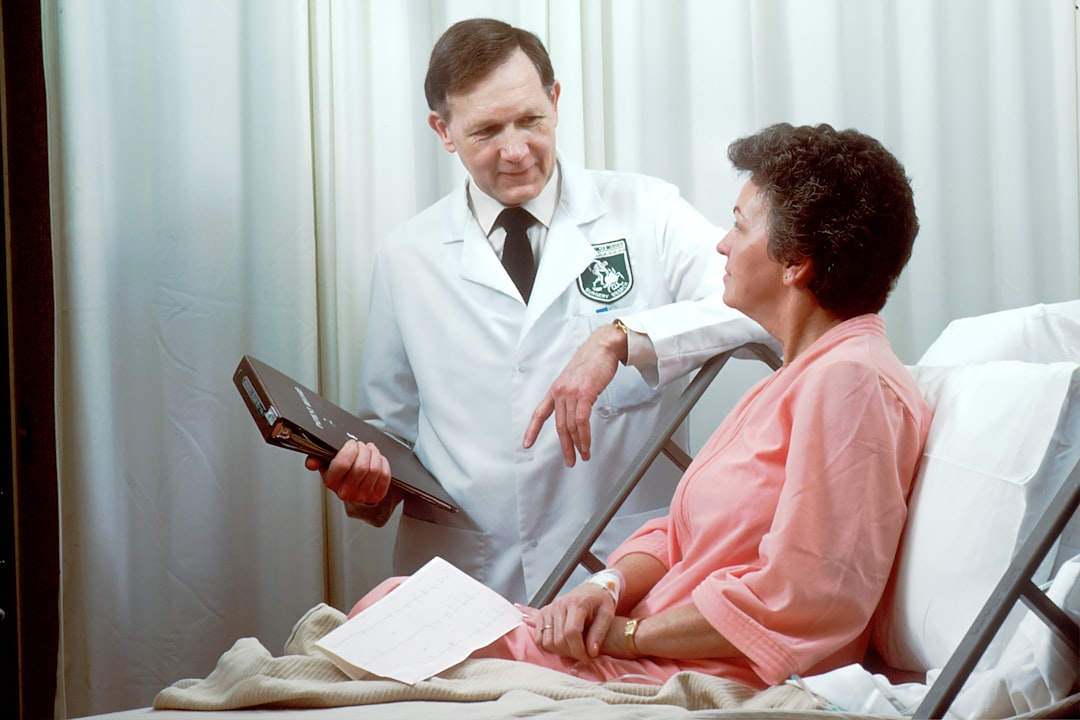What is it about?
Background: Engaging older adults in clinical communication is essential to high-quality elder care, patient safety and satisfaction in hospitals and GP clinics. However, the factors influencing older adults' participation during their appointments with health professionals from the older patient's perspective remain under-investigated. Objectives: We aimed to fill this knowledge gap by reviewing research articles that have examined older patients' involvement in clinical communication. In doing so, we hope to assist healthcare professionals and institutions develop new strategies to improve older patients' participation and engagement in clinical communication. Methods: A systematic review of nine databases was conducted for studies reporting identified influences on older patients' participation in clinical communication published from 2010. These studies were then subjected to thematic analysis for stratification. Results: Twenty-one articles with 36,797 participants were included and highlighted three major themes influencing older patients' participation in clinical communication. The first theme identified includes accessibility to appointments, support, health information and person-centred care, highlighting that access to appointments, person-centred care and health information significantly influence clinical communication participation. Relevant and understandable healthcare information identified that communication factors [i.e. tailored health information, health literacy and patient language barriers, and communication impairments] influence older patients' participation. Older Patient's perceptions of HCP credibility and trustworthiness highlighted how patients' perceptions of health professionals influence their willingness to participate in clinical communications. Conclusions and implications: This review demonstrates that several factors contribute to insufficient or no participation of older patients in clinical communication in hospitals and GP clinics. These include accessibility to relevant and understandable health information, and the perceived health professional credibility and trustworthiness. Identifying ways to address these factors may improve patient participation, doctor-patient collaboration and overall health outcomes for older patients.
Featured Image

Photo by Georg Arthur Pflueger on Unsplash
Why is it important?
Engaging older adults in clinical communication is essential to high-quality elder care, patient safety and satisfaction in hospitals and GP clinics. However, the factors that influence older adults' participation during their appointments with health professionals from the older patient's perspective remain under-investigated
Perspectives
As a medical doctor, this is a topic close to my heart. We need to develop strategies to help improve our communication with elderly patients to improve their health outcomes.
Harry Gaffney
Flinders University
Read the Original
This page is a summary of: Factors that influence older patients’ participation in clinical communication within developed country hospitals and GP clinics: A systematic review of current literature, PLoS ONE, June 2022, PLOS,
DOI: 10.1371/journal.pone.0269840.
You can read the full text:
Resources
Contributors
The following have contributed to this page










